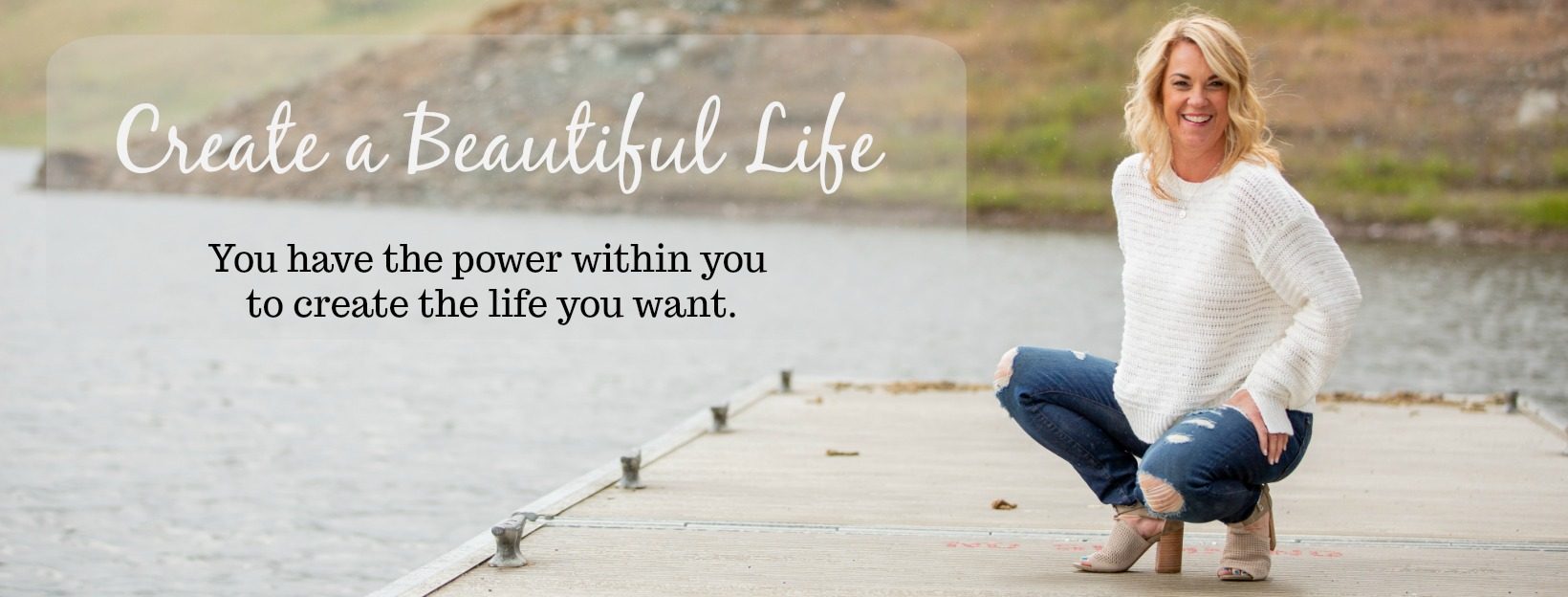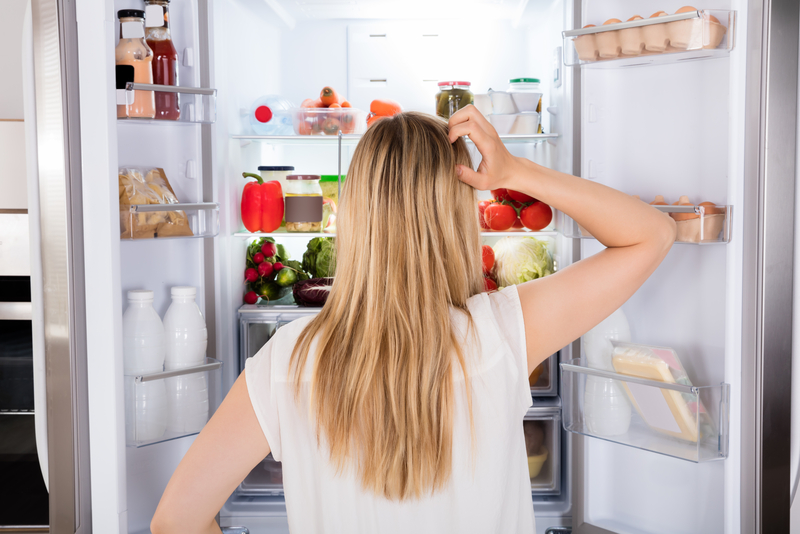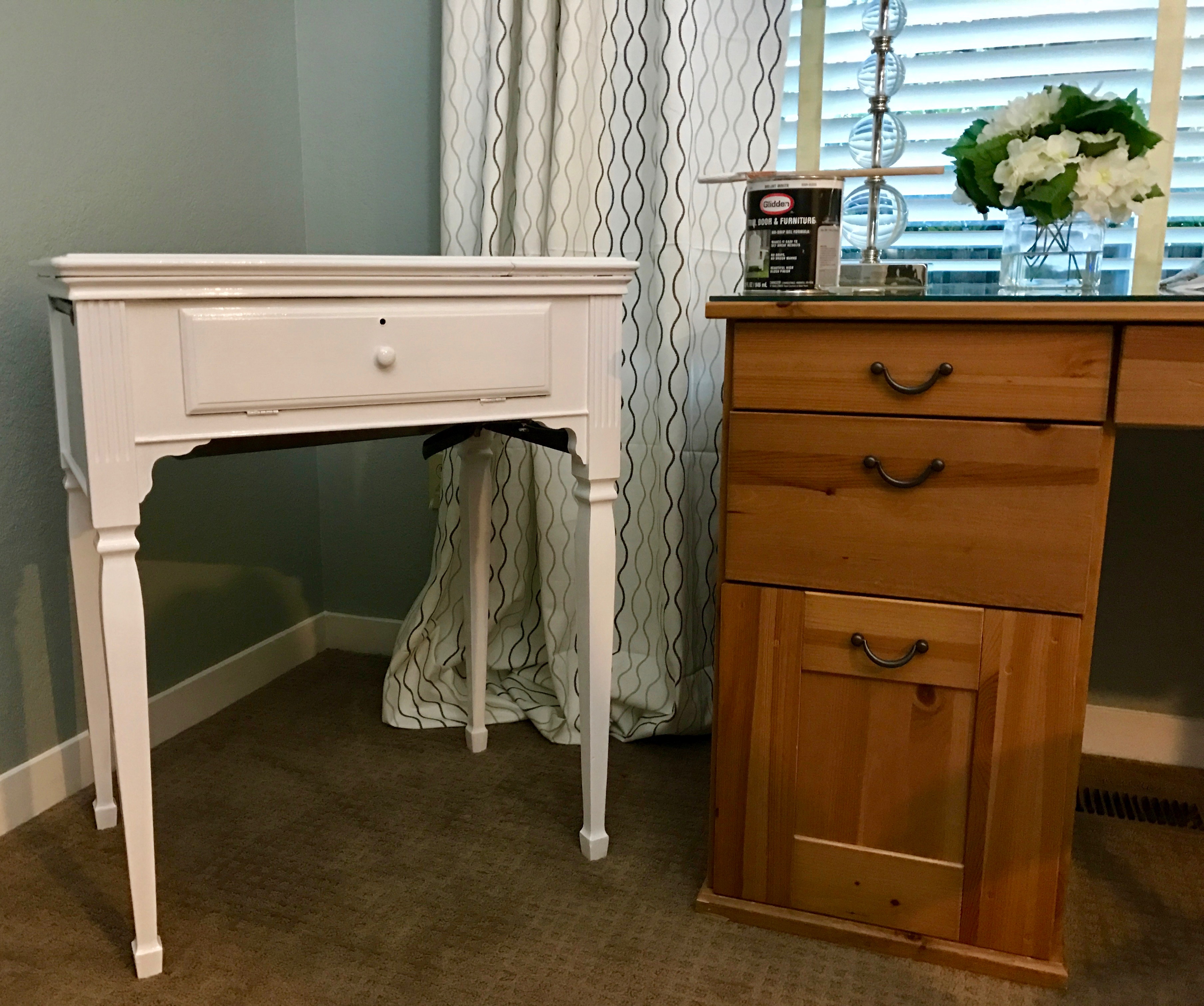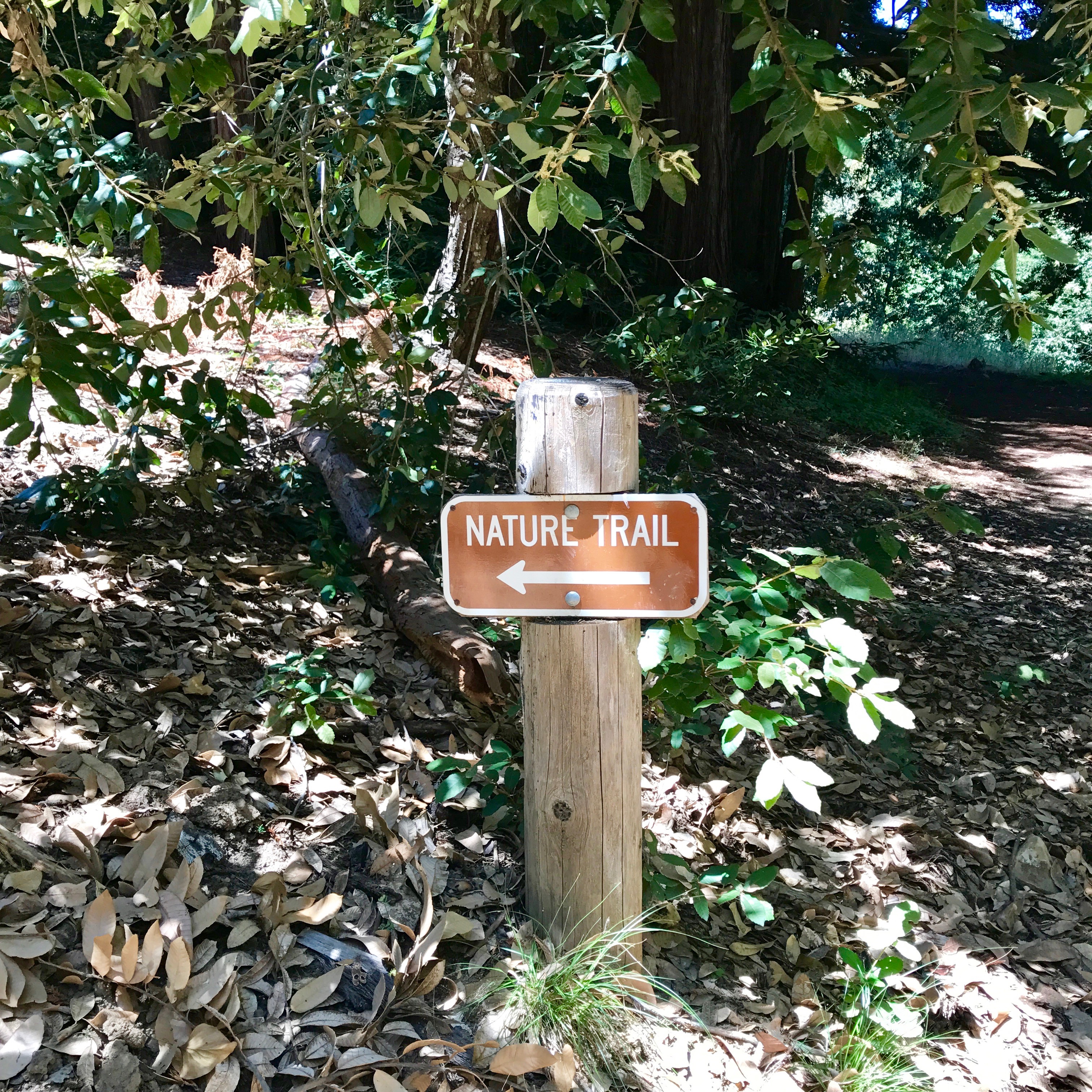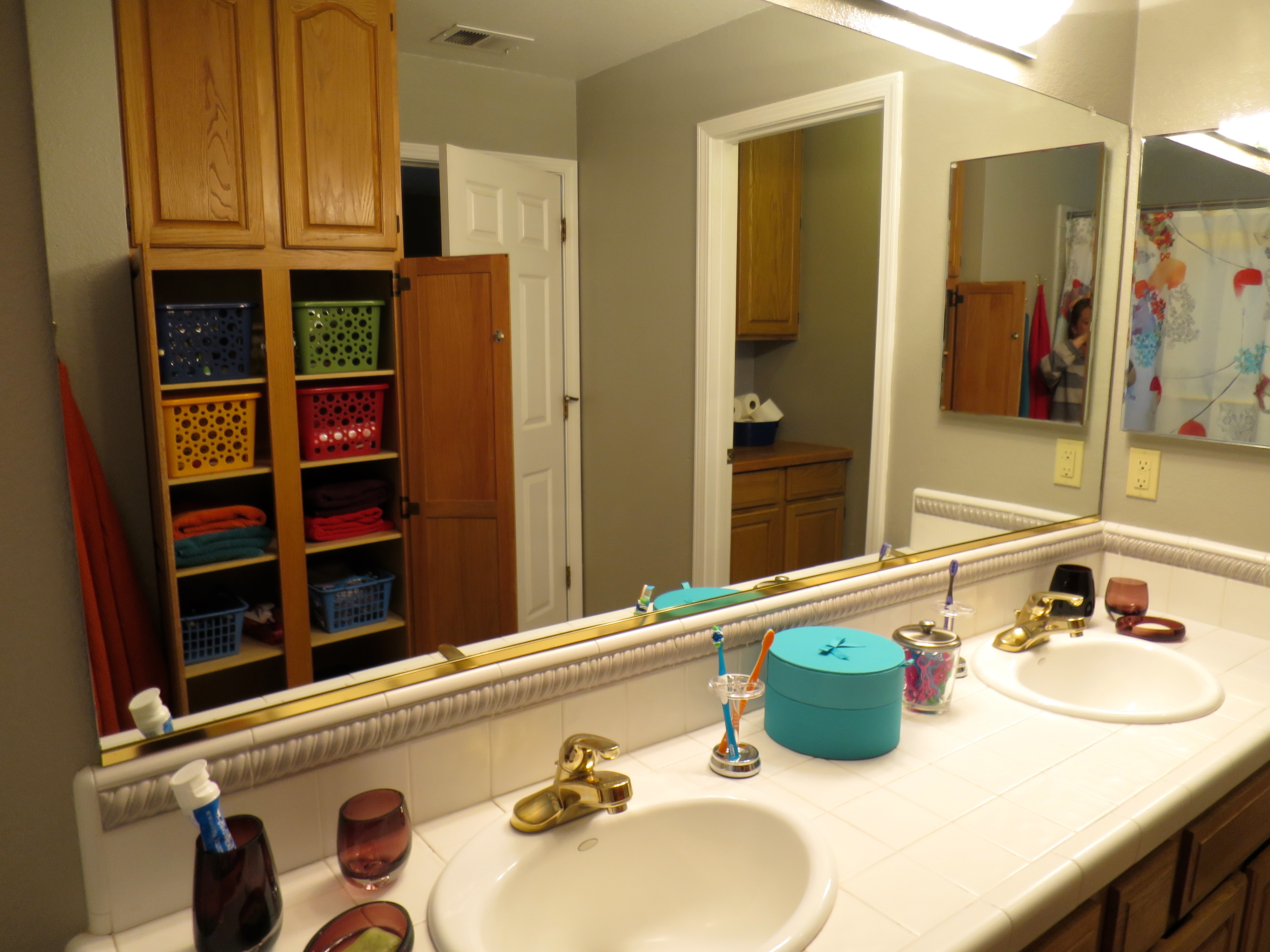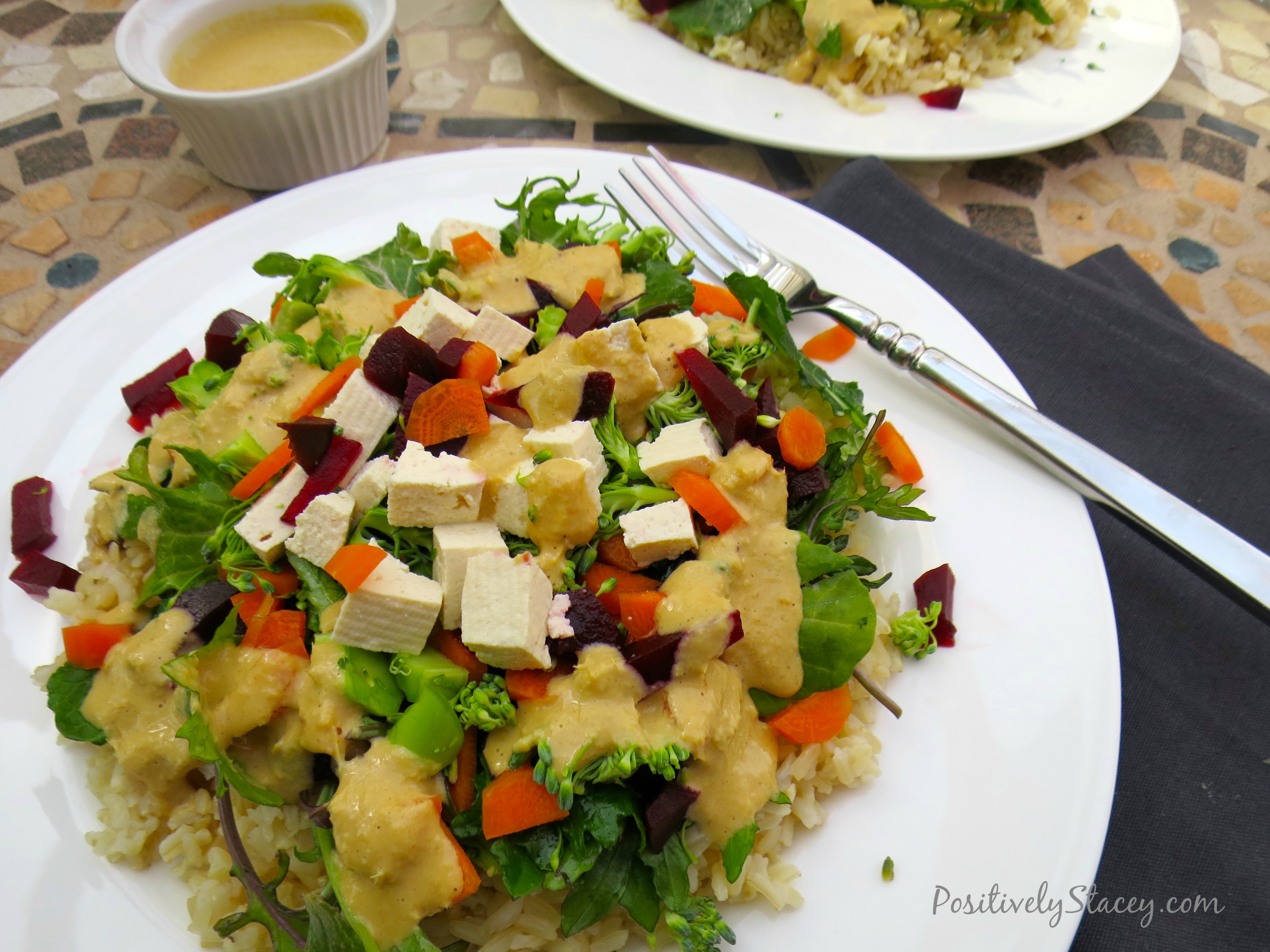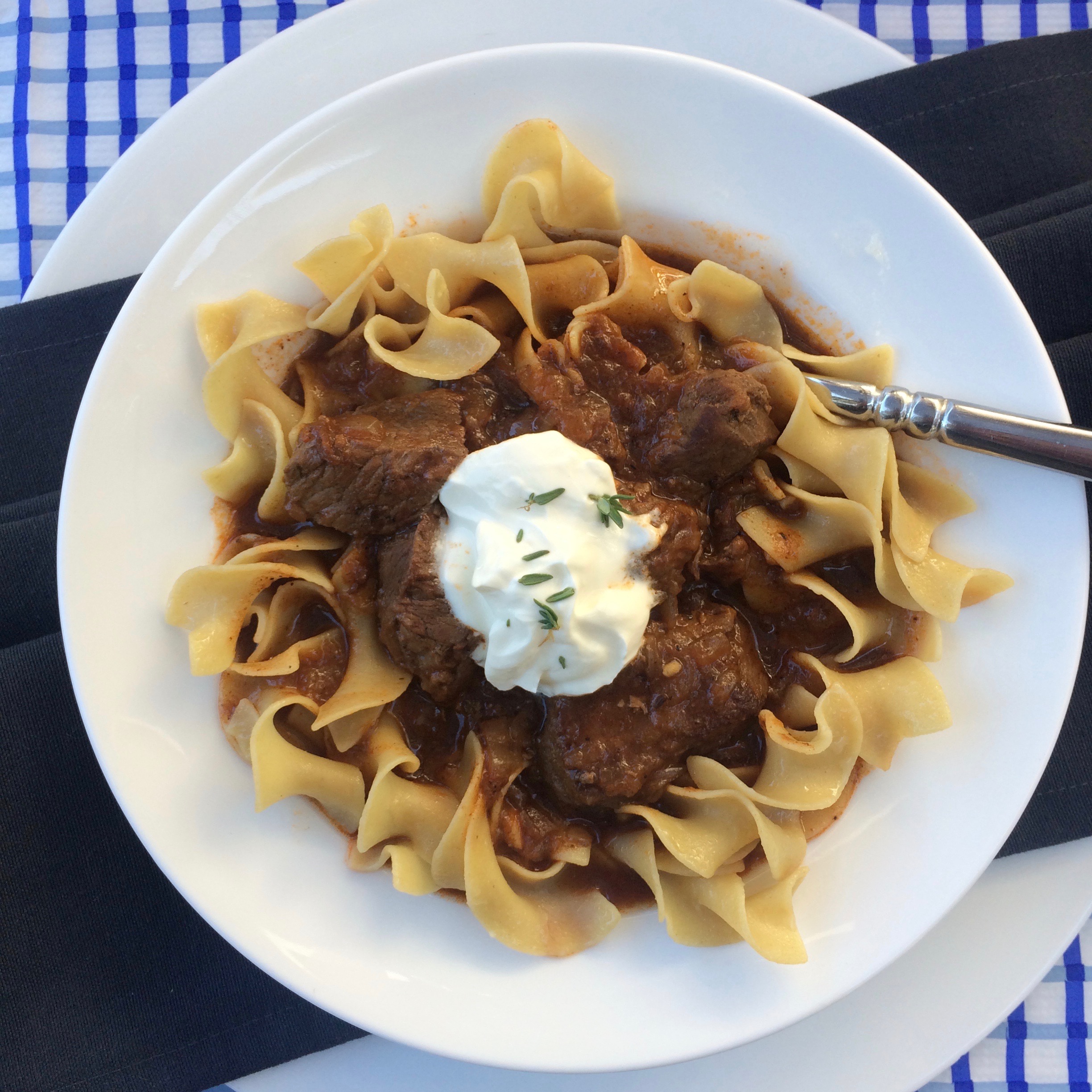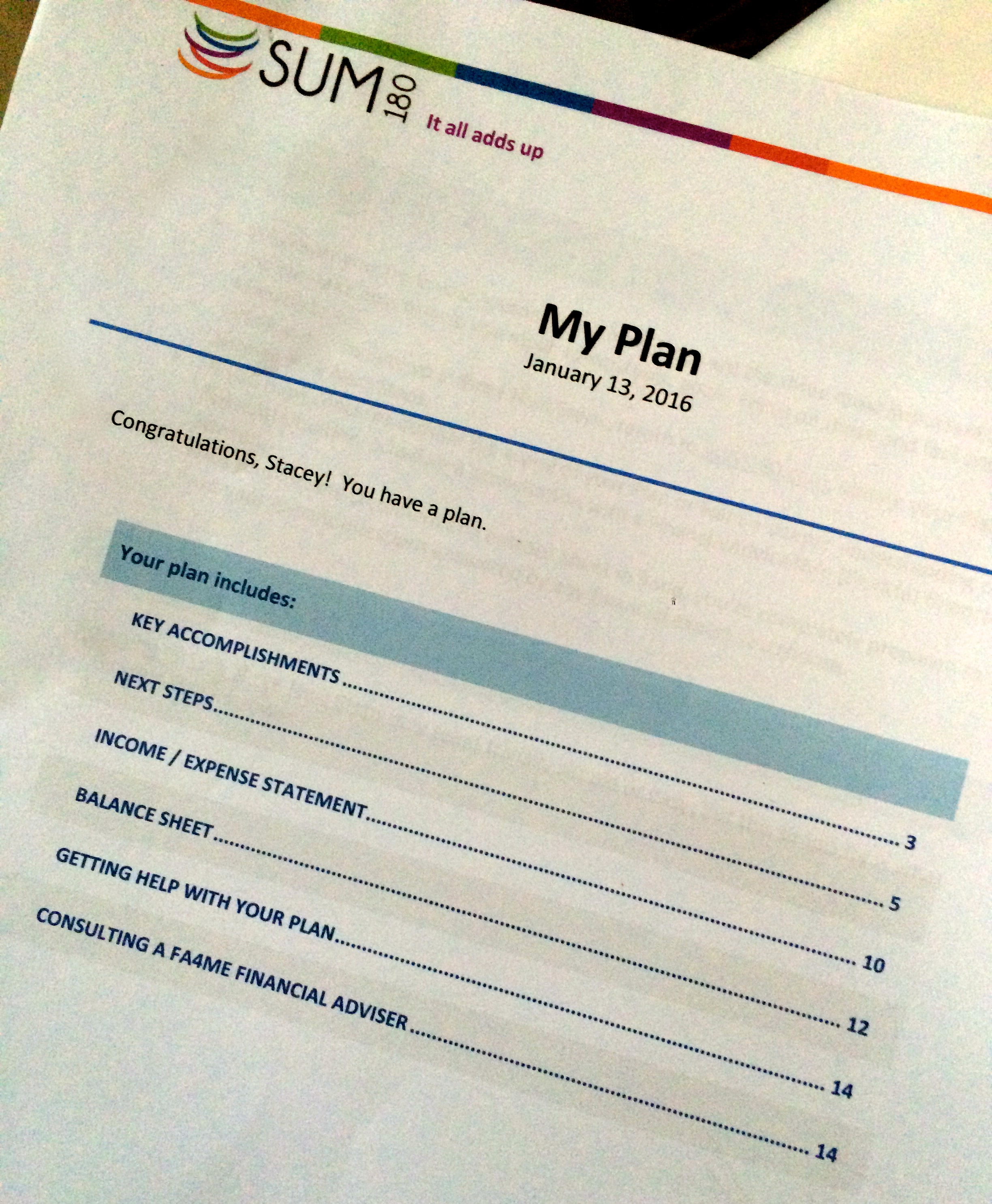One thing is certain about being a teacher – you live your life on a schedule. Need to go to the bathroom? Sorry you need to wait till recess – no matter how many cups of coffee you guzzled that morning! Teaching at a rural school site also means that I eat for lunch what I pack. There simply is not enough time to leave school, drive through anywhere, and make it back to class before my students are waiting at my classroom door. To be fair, younger teachers revel in their Doordash deliveries, but that is rabbit hole I will not go down.
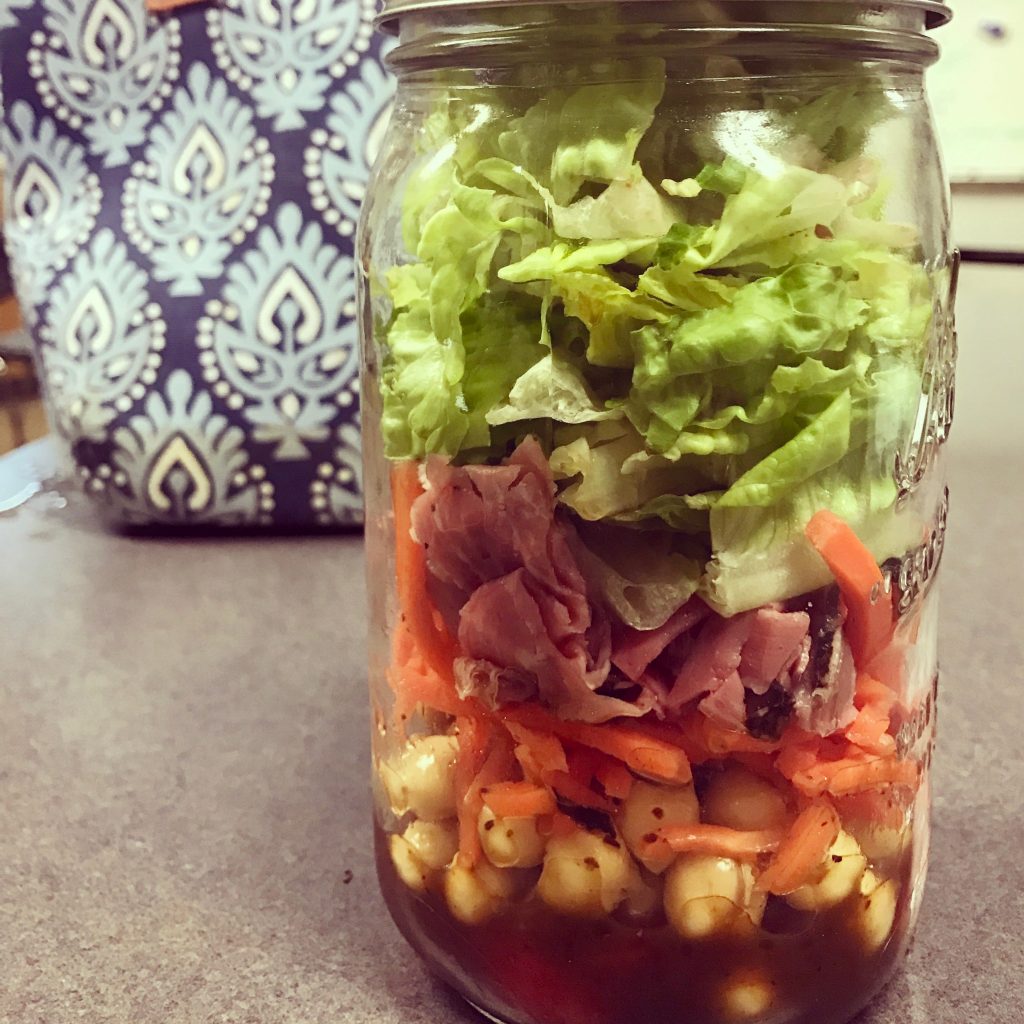
Well, all of that changed last March 15. And again, I will begin teaching from my upstairs office starting this week. Living my life according to the school bell between the hours of 8:00 a.m. and 3:00 p.m. has gone the wayside. Of course there are all kinds of shifts that have happened in my life during this pandemic – ones more challenging than eating healthy, but eating healthy remains a top priority, and now it is one that have to be mindful of even more.
You may have heard jokes about Covid weight gain. For many adults, spending more time at home is making them pack on a few pounds. Almost 50% of women and 25% of men said they’ve put on pounds due to COVID-19 restrictions, according to a WebMD poll.
There are several reasons for this. There have been changes in routine. Gyms are closed. Emotional eating is a convenient way to deal with boredom, anxiety, and isolation. People have lost jobs and income which affects their food budgets and food choices. Plus, your refrigerator and pantry now remain within easy reach throughout the day and night.
The reality is that now more than ever, it is important to prioritize our health. According to the CDC certain health conditions like Type 2 Diabetes and obesity are at increased risk of severe illness from COVID-19.
Keep Pandemic Weight Gain Away
Learn how to keep off the quarantine weight gain. Use these tips for eating healthy, staying active, and managing stress when you’re stuck at home.
Eating Healthy:
- Plan your menu. Create new routines that encourage a balanced diet. Figure out what you’re going to eat for a day or a week in advance. Planning may also help you cut down on trips to the supermarket.
- Choose whole foods. It’s easier to resist junk food when you fill up on nutritious meals and snacks. Get most of your calories from vegetables, fruits, whole grains, healthy fats, and lean proteins.
- Drink water. Thirst can make you feel hungry. Cravings may disappear after you sip some water or herbal tea.
- Limit alcohol. COVID-19 has also caused an increase in alcohol consumption. Schedule liquor-free days each week to cut down on empty calories and other unwelcome side effects. When you drink, choose wine or a Bloody Mary instead of mixed drinks like a pina colada with more than 400 calories.
- Seek support. Invite family and friends to join you in eating healthier. Share updates on social media, so you’ll feel more accountable.
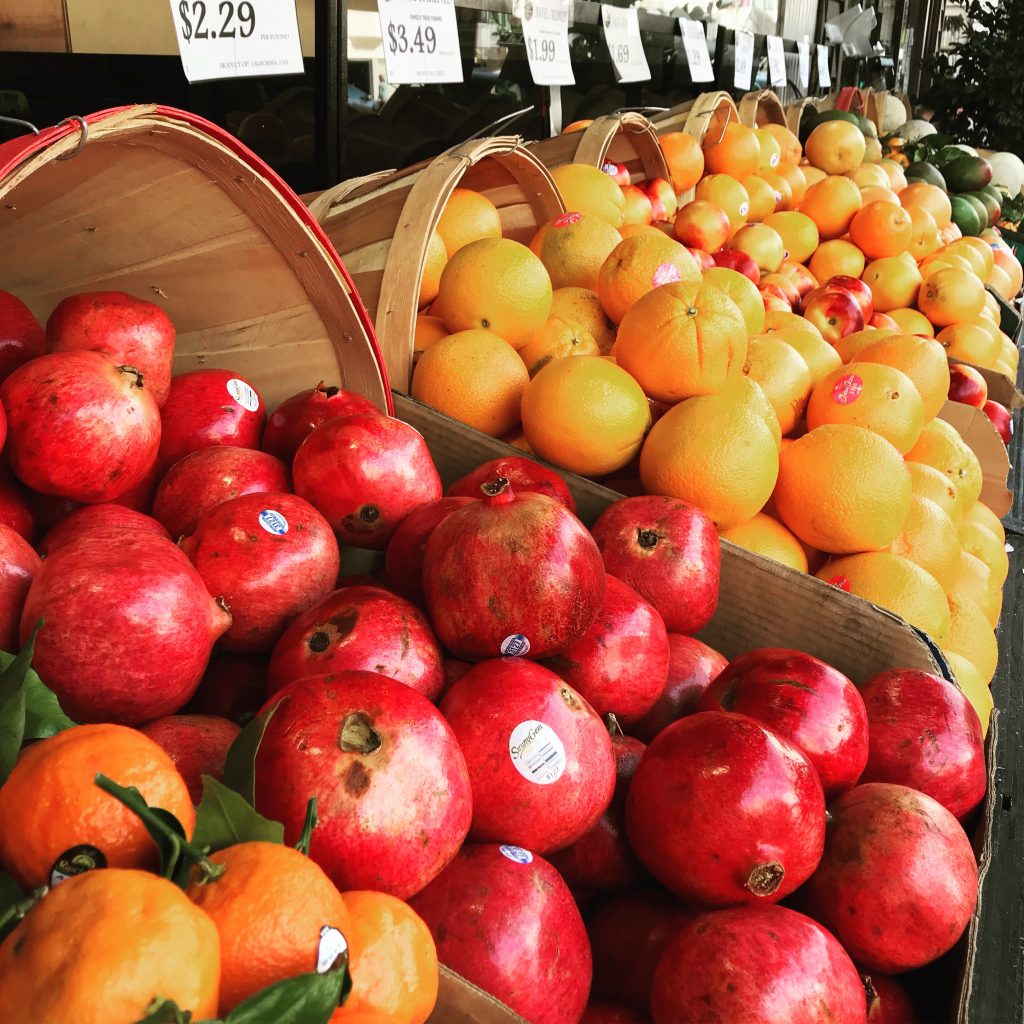
Staying Active:
- Exercise outdoors. Go outside to work out. Maintain a safe distance while you run through the park or ride your bike.
- Create a home gym. You can exercise at home even with limited space and funds. Try yoga or buy a jump rope and resistance bands.
- Go online. Do you miss group fitness classes? Your favorite instructors may be streaming their sessions. Contact local fitness centers or browse online to see what’s available.
- Take active breaks. The hours can fly by when you’re working on a computer or streaming videos. Offset your sedentary habits by taking regular exercise breaks. Do a few push-ups or stretch your legs.
- Move more. Daily tasks count too. Burn calories and tone your muscles doing lunges while you vacuum. Work in your garden or clean out your attic.
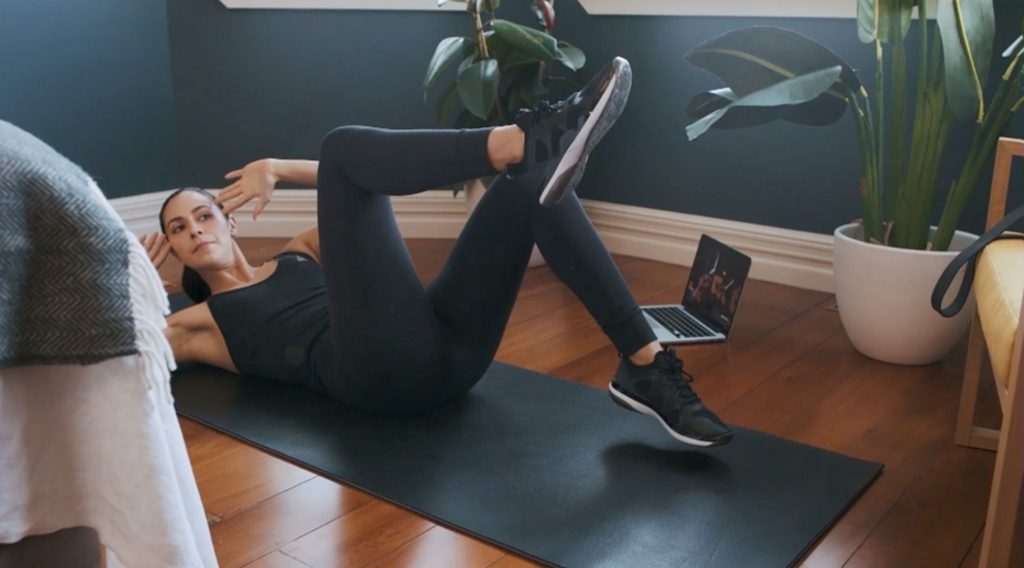
Managing Stress:
- Sleep well. Your body and mind are more resilient when you’re well rested. Go to bed and get up at the same times each day. Aim for a dark, quiet room to sleep in.
- Meditate daily. Even a few minutes of seated meditation can help you to live more mindfully. Sit down in a peaceful place. Scan your body and soften up any tight spots. Observe your thoughts without making judgements.
- Breathe deeply. If meditation makes you uncomfortable, maybe you’d prefer simple breathing exercises. Try alternate nostril breathing to fight anxiety. Use your thumb to close off one side of your nose at a time and inhale deeply. Repeat 3 times on each side.
- Listen to music. Symphonies and pop songs can help you deal with strong emotions. Create a soundtrack to lift your spirits or calm your fears.
- Try counseling. If daily stress is interfering with your diet and wellbeing, consider seeking professional help. Many counselors are using teletherapy to talk with patients online, so you can stay safe while you receive help.

Not only did my life change in regards to having access to food, my job teaching switched from walking the classroom all day to sitting in front of my computer for hours on end. Many of the above tips have really helped me. My noon time walk around my neighborhood was especially nice since so many of my neighbors also adapted a lunchtime walk. Seeing neighbors for a socially distanced hello and wave really helps lift the spirits.
If you are looking for ways to stretch your food budget, you might want to read my past series Hunger in America: Feeding My Family on a Budget. This was a four week series to see if I could feed a family of four on $400 for the month. I have seen a huge rise in my grocery bill since the pandemic started, so the numbers may no longer work, but there is some solid advice that you will find helpful.
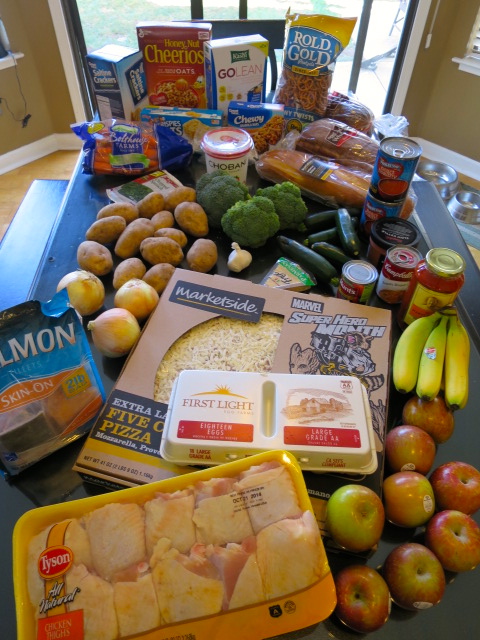
You can manage your weight while you stay at home. Healthy eating and other lifestyle habits will strengthen your immune system and enhance the quality of your life.
What healthy changes have you adapted to help you survive (and even thrive) during the pandemic? I’d love to hear!
